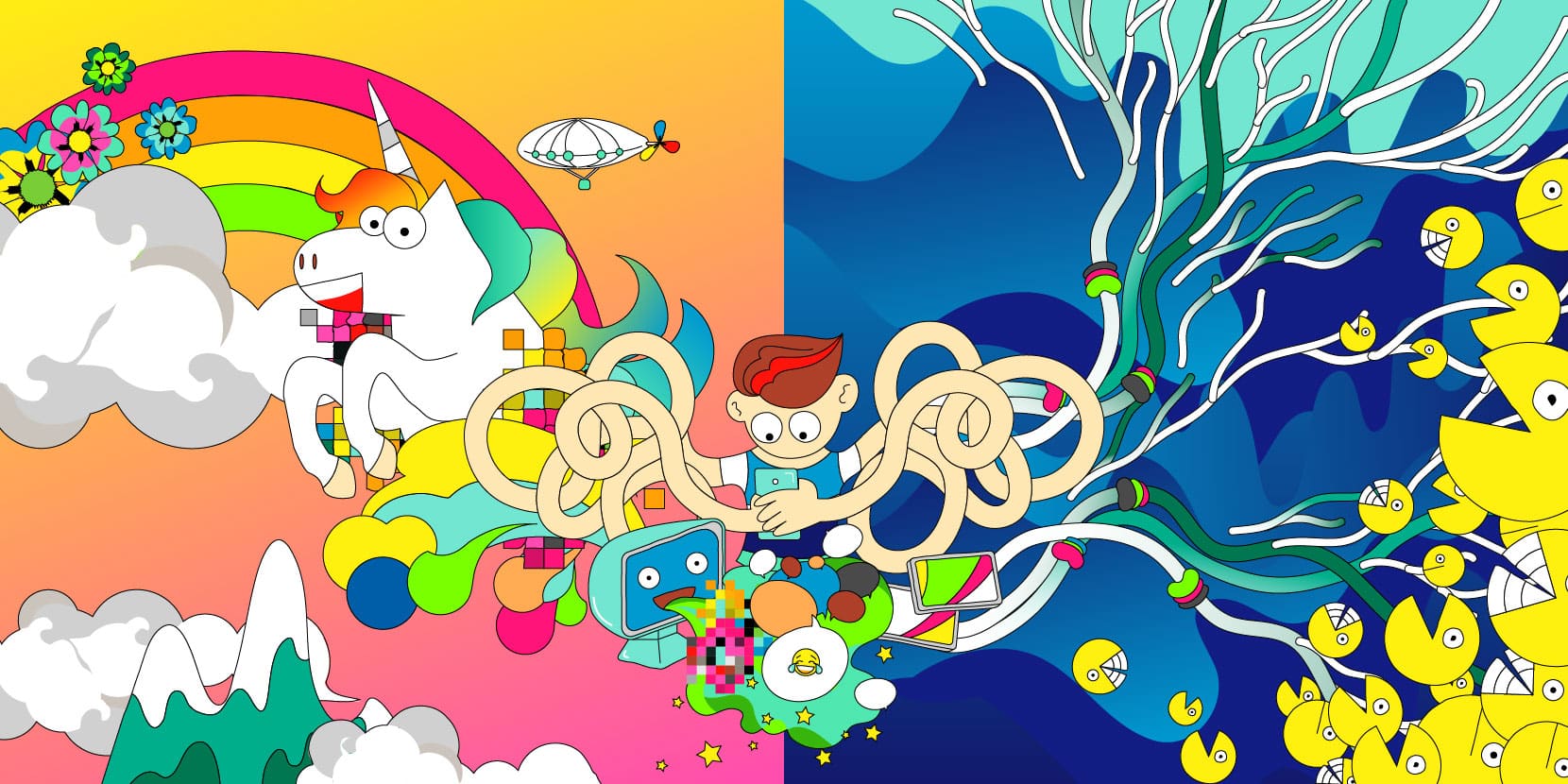Access Now has been tracking the debate globally on regulations for so-called Over-The-Top (OTT) services, with posts introducing how improper regulations for “OTT” services threaten our fundamental rights and explaining why it’s important to distinguish between legacy telecom services and internet applications and services to protect those rights (including an infographic highlighting the key differences).
Today, as debate continues to unfold, we’re publishing “Proposals for Regulating Internet Apps and Services: Understanding the Digital Rights Impact of the Over the Top Debate.” This position paper analyzes the implications for fundamental rights of proposals to regulate internet applications and services, with principles to help policymakers, regulators, and civil society understand and engage in the debate.
What’s at stake
The evolving conversation about “OTT” services is increasingly at the heart of critically important debates on regulating the internet at national, regional, and international levels. At the same time, as we previously noted, there is no clear definition of OTT services, and as it is currently used, the term is so broad that it can cover nearly any new application or service offered “on top” of telecommunications networks. The phrase “regulating OTT services” sounds narrow in scope, but it can refer to regulating internet applications and services used by millions or even billions of people. These include communications applications like WhatsApp and Skype, video-on-demand (VOD) platforms like Netflix, and, according to some formulations of “OTT,” even intermediation services like Uber, AirBnB, or Amazon.
In other words, “OTT” can easily become shorthand for almost any internet application or service. This lack of clarity can lead to poorly developed, overbroad, or misapplied regulations that harm human rights on a broad scale.
Our paper is therefore not a comprehensive guide for regulating all OTT services, nor could any position paper accomplish that aim, given the nebulousness of the term and the way the debate is evolving differently in regions across the globe. Instead, we explore how regulators, lawmakers, and lobbyists are using the term, provide examples of the regulatory proposals now in play, identify key risks for human rights, and propose high-level principles for safeguarding those rights. We intend to update the paper periodically with new information as necessary.
Principles for engagement
For now, our recommendations are aimed at helping regulators move forward in a way that is compatible with fundamental rights, in particular to safeguard the freedom of expression, Net Neutrality, and privacy and business responsibilities. To avoid regulatory outcomes that harm the open internet and human rights, policymakers should at minimum follow two high-level principles, which we discuss in detail in our paper:
- Avoid applying one-size-fits-all telecom-style licensing frameworks onto internet applications or services.
- Shape regulatory intervention of internet applications or services on a foundation that considers the public interest and human rights.
What’s next? We need your voice in the OTT debate
The “OTT” debate isn’t going away. Instead we are seeing the issue move increasingly to the fore in regulatory and policy fora across the world. It is therefore absolutely critical for civil society and those seeking to advance the rights of users at risk and advocate for the public interest to engage more deeply in the conversation.
The International Telecommunication Union has now opened the issue for international discussion. The ITU Council Working Group on International Internet-related Public Policy Issues (CWG-Internet) launched an open consultation on OTT services over June-September 2017, calling for inputs on five questions identified by the ITU. We have submitted a document containing our inputs in the ITU Council Working Group on International Internet-related Public Policy Issues (CWG-Internet) open consultation, building on the digital rights related concerns we discuss in our policy paper. The ITU-CWG consultation remains open until August 29, 2017, and we strongly recommend that other organizations and experts provide comments.
Again, you can access Access Now’s OTT position paper here.
You can find our submission to the ITU CWG-Internet here.
